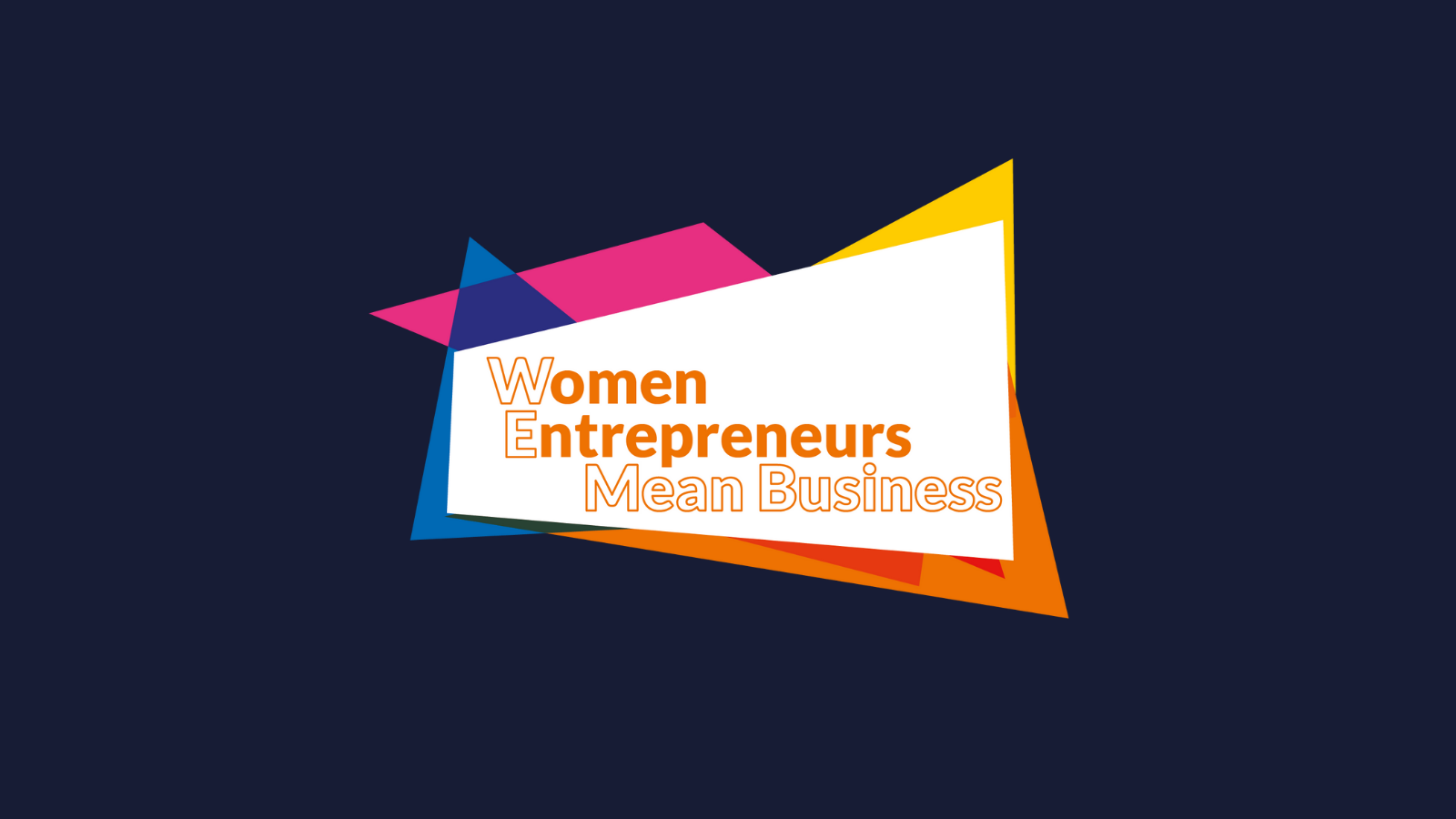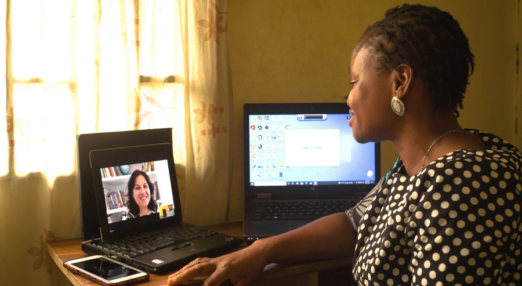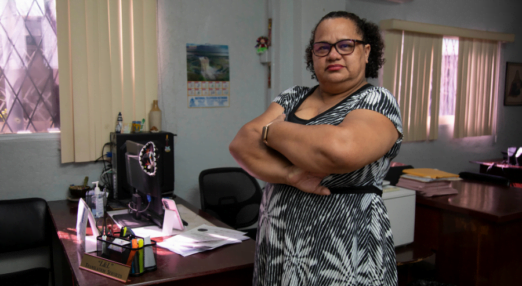The digital economy: a challenge and an opportunity for women entrepreneurs
Senior Programmes and MEL Officer Dermot Nicholas gives his key takeaways from the panel discussion 'Development of Women-Led MSMEs for the Digital Economy', part of our Women Entrepreneurs Mean Business Summit.

Women are much less likely to have access to the internet or own their own phones or devices, which means that there is a gender gap in digital learning.
Women Entrepreneurs Mean Business: the global Summit
For the Women Entrepreneurs Mean Business Summit in November 2021, we explored and challenged the gender stereotypes holding women entrepreneurs back from success and equality.
Find out more
Discover more news:
-

Get to know our CEO: a letter from Dhivya O’Connor
Two months into her role as CEO, Dhivya O'Connor shares her experience and what we can expect from the Foundation under her leadership.
Read more
-

In celebration of the power of mentoring
Efe Olokpa shares her insight on our Mentoring Women in Business programme.
Read more
-

Women-owned businesses power up Guyana’s economy
With partners, we recently convened a panel discussion led by key actors in Guyana’s women’s entrepreneurship ecosystem.
Read more
